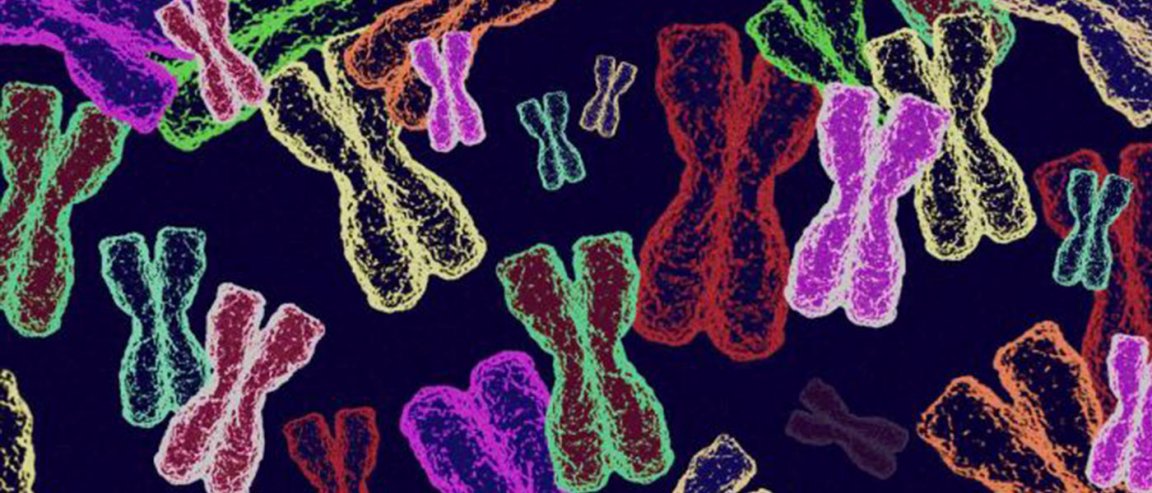
GENETIC PRIVACY
Apple’s ongoing feud with the FBI, which has requested that the tech giant build custom software to let them open and access a suspect’s iPhone, has brought the issue of privacy on electronic devices into the public limelight. The polarizing issue has drawn battle lines in Silicon Valley, with such personalities as Facebook founder Mark Zuckerburg and Microsoft cofounder Bill Gates lining up on opposing sides.
But the concerns over electronic privacy that the issue has raised are overwhelming compared to the lackluster concern on genetic privacy.
Companies like Ancestry.com and 23andMe invite people to submit their DNA for genealogy tracing and medical diagnostic tests. Privacy advocates voiced concerns over the creation of giant genetic databases that could be used against participants by law enforcement. Many criminal cases involve the use of DNA as an instrument for establishing a suspect’s guilt or lack thereof.
Nowadays, with both 23andMe and Ancestry.com having over a million customers, these concerns are once again surfacing. A Wired article discusses a case in which filmmaker Michael Usry became a suspect in an unsolved murder case after cops performed a familial genetic search using semen collected in 1996. By using an Ancestry.com database, the cops were able to obtain a familial match to a saliva sample Usry’s father had given earlier. He was eventually found innocent and the Electronic Frontier Foundation called it a “wild goose chase,” noting that the case represents the threat posed by genetic databases.
When the Wired article warned, “Your relative’s DNA could turn you into a suspect,” it seems that they were recognizing how big of a problem these databases—whether private or public—pose to privacy and civil liberties.
For example, the FBI maintains a national genetic database with samples from convicts and arrested persons, yet it is not precluded from utilizing private genetic databases to locate a suspect nor compelling such genetic database holders to cooperate. While the scenario above is only the most public example of cops relying on private databases, it puts at risk people who have submitted genetic samples for reasons of health or simple curiosity.
While both Ancestry.com and 23andMe have privacy policies that lay out to what extent and how they turn over information to law enforcement, the end result is a chilling effect on their business model and on individuals who may now forfeit DNA testing in fear of inadvertently ending up in a genetic line-up of criminal suspects. 23andMe has previously stated that so far it has successfully resisted requests from state law enforcement and the FBI.
CORPORATE DISCLOSURE
https://www.youtube.com/watch?v=qblNLmMP67o
A transparency report from 23andMe shows that it has released a total of four requests from the United States for genetic information related to five individuals. “In the event we are required by law to make a disclosure, we will notify the affected customer through the contact information provided to us, unless doing so would violate the law or a court order,” said 23andMe privacy officer Kate Black.
Ancestry.com has not released a similar transparency report but has released a statement regarding the Usry case. The local law enforcement was able to search through a formerly online public database that Ancestry hosted. Police came to Ancestry.com with a warrant to get the name that matched the DNA.
“On occasion when required by law to do so, and in this instance we were, we have cooperated with law enforcement and the courts to provide only the specific information requested but we don’t comment on the specifics of cases,” said a spokesperson for the company.
While both Ancestry.com and 23andMe offer options to delete your information from their sites, the fact that a user could opt to do so due to concerns over privacy seemed to be a repudiation of genetic databases.
It’s a grim reminder of the dangers of that brave new world we’re all entering. It’s likely the customers never imagined that they, or their family members for that matter, could become genetic criminal suspects when they initially signed up for services that, on the face of it, seemed nothing more than harmless novelties.